Early Medieval
There is so much medieval history we have had to divide it into two sections – articles and podcasts here address themes and of religion, power change and culture in this time period across the globe. You can explore the rise of Islamic society or the development of medieval Scotland. And don’t forget those pesky Vikings!
Sort by:
Date (Newest first) | Title A-Z
Show:
All |
Articles |
Podcasts |
Multipage Articles
-

Teaching, learning and sharing medieval history for all
ArticleClick to view -
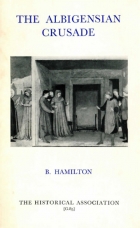
The Albigensian Crusade
ArticleClick to view -

The Byzantine Empire on the Eve of the Crusades
ArticleClick to view -
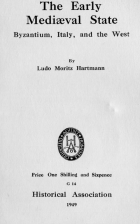
The Early Mediaeval State
ArticleClick to view -
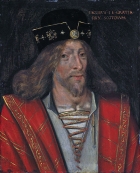
The English Captivity of James I, King of Scots
ArticleClick to view -
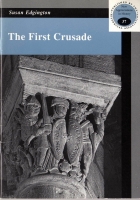
The First Crusade
ArticleClick to view -
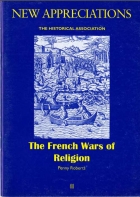
The French Wars of Religion
ArticleClick to view -
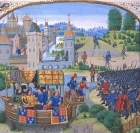
The Great Revolt of 1381
ArticleClick to view -

The Insanity of Henry VI
ArticleClick to view -
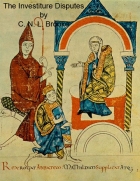
The Investiture Disputes
ArticleClick to view -
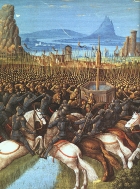
The Knights Templars
ArticleClick to view -
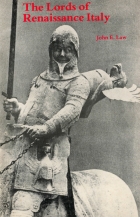
The Lords of Renaissance Italy
ArticleClick to view -
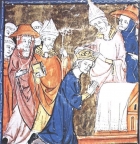
The Medieval Empire
ArticleClick to view -

The Miraculous Crusade: The Role of the Mystical and Miraculous in the Morale and Motivation of the First Crusade
ArticleClick to view -
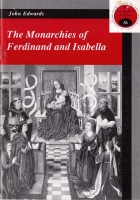
The Monarchies of Ferdinand and Isabella
ArticleClick to view -
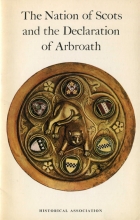
The Nation of the Scots and the Declaration of Arbroath
ArticleClick to view -
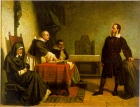
The New History of the Spanish Inquisition
ArticleClick to view -
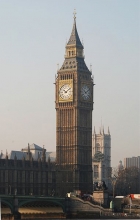
The Origins of Parliament
ArticleClick to view -
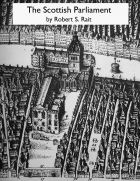
The Scottish Parliament by Robert S. Rait
ArticleClick to view -
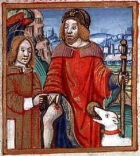
The Spanish Collection
ArticleClick to view

